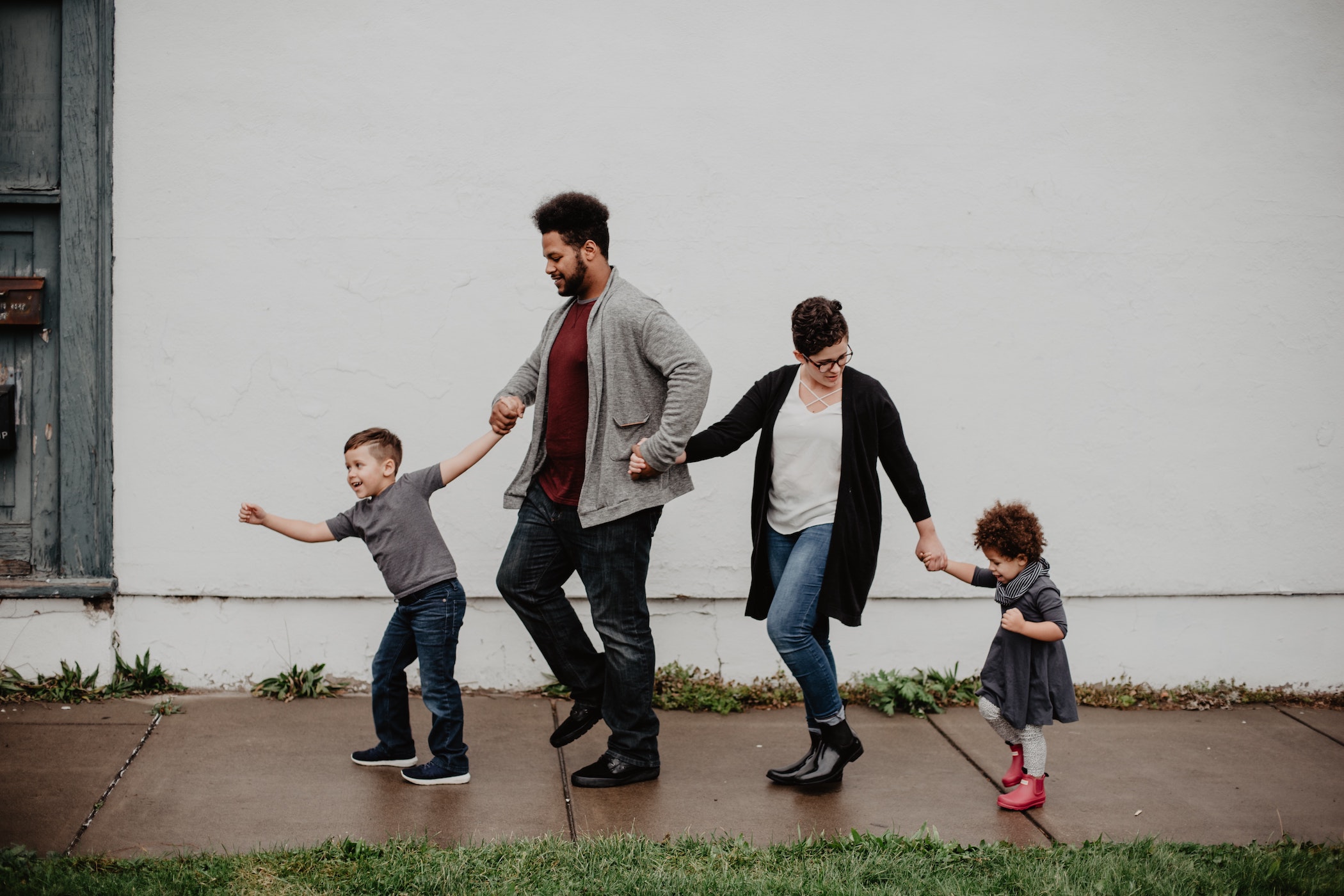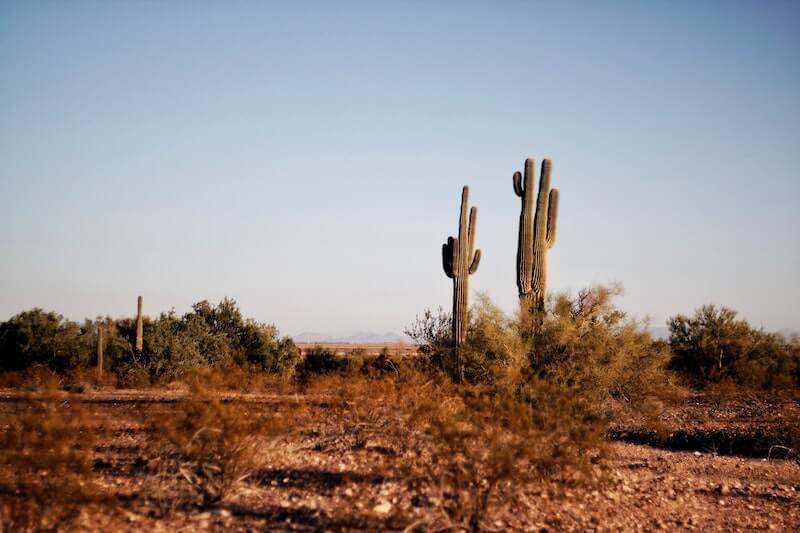A last will and testament (or “will”) is a legal document that explains how you want your property distributed after you die, and who you want to look after your minor children. Once you pass away, your will is presented to a court, and that court authorizes and oversees the distribution of your property.
Why do you need a will?
If you die without a will, most decisions regarding your estate and children will be left up to court officials. Your wishes might not be known or followed, which could cause your loved ones heartache.
For these reasons, a will is an important and powerful document, and all adults should have one.
What happens if you die without a will?
If you die without a valid will, that’s known as dying “intestate.” When this happens, a court will distribute your property according to state intestacy laws. Typically, this means your spouse or partner, children, parents, and siblings will each get a percentage of your property. If you have step-children, they won’t be entitled to any of your property under state law. For many people, this default distribution is different from what they would’ve chosen, had they made a will.
Make your free estate plan today

Make your free advance healthcare directive

Make your free durable power of attorney

Make a stock donation today

Make your free revocable living trust










